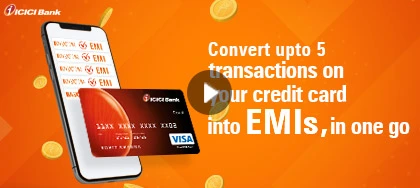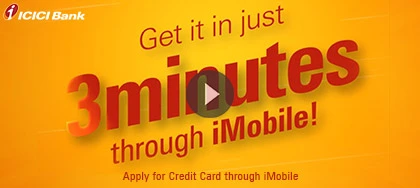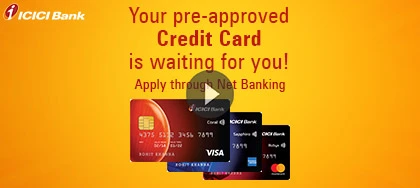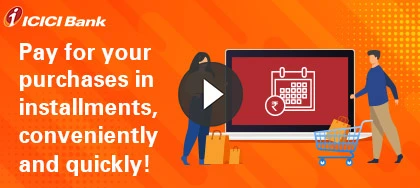Cash Advance
The amount of cash your withdraw using your credit card at a bank or ATM. This cash is withdrawn from your Card account and draws interest from the day of withdrawal itself – there is no grace period or interest holiday on this amount. |
Cash Limit
The maximum amount of cash that you can withdraw on your credit card account. Cash-Limit forms a subset of your overall Credit Limit. |
Card member
The person that the credit card was issued to, or another person who is authorized to use the card. |
Card Verification Value or CVV
A three digit security code, usually found on the back of your credit card, above the signature. This code is unique to each card and is sometimes used to identify you for secure Internet, mail or phone purchases. |
Card Verification Value or CVV
A three digit security code, usually found on the back of your credit card, above the signature. This code is unique to each card and is sometimes used to identify you for secure Internet, mail or phone purchases. |
Chargeback
If you find a fraudulent or unauthorized transaction on your card account, you need to report the same to the card issuing company. They may temporarily reverse the transaction in your account till the investigation into fraud charges are completed. This reversal is often referred to as a "chargeback". |
Chargeslip
A paper slip generated when your transaction is authorized using a swipe machine at a shop or store. You will be asked to sign the chargeslip as proof of your acceptance and authorization of such transaction on your card account. Also see swipe machines. |
Collateral
Money or assets (such as property) that you put down as security to prove to a lender that you're able to pay back what you owe. In case of default on payments, lenders are likely to take possession of the collateral to make good their dues. |
Credit
Credit means buying something now and paying for it at a later date with or without interest. |
Credit Bureau
An organization that collects details of credit behaviour from various sources to create your credit score or credit rating. These credit scores and ratings create your credit history overtime. |
Credit Card Number
The number stamped or embossed on your credit card. Also see Account number. |
Credit History
The history of your credit use. It lists whether or not you've made your payments on time, stayed within your limit and practiced good credit habits. |
Credit Limit
The highest amount of money you are authorized to spend on your credit card account. Going over your credit limit often can affect your credit score and you may be charged a fee. |
Credit Report
A report showing a "snapshot" of your credit history in Canada that you can request from the credit bureaus. Detailed reports can be purchased for a reasonable fee, but simpler versions can often be ordered by mail for free. |
Credit Score
This is a number that reflects your general "credit worthiness". Created by credit bureaus, it's one of the factors lenders use when deciding to give you credit. Also see Credit Bureau. |


















